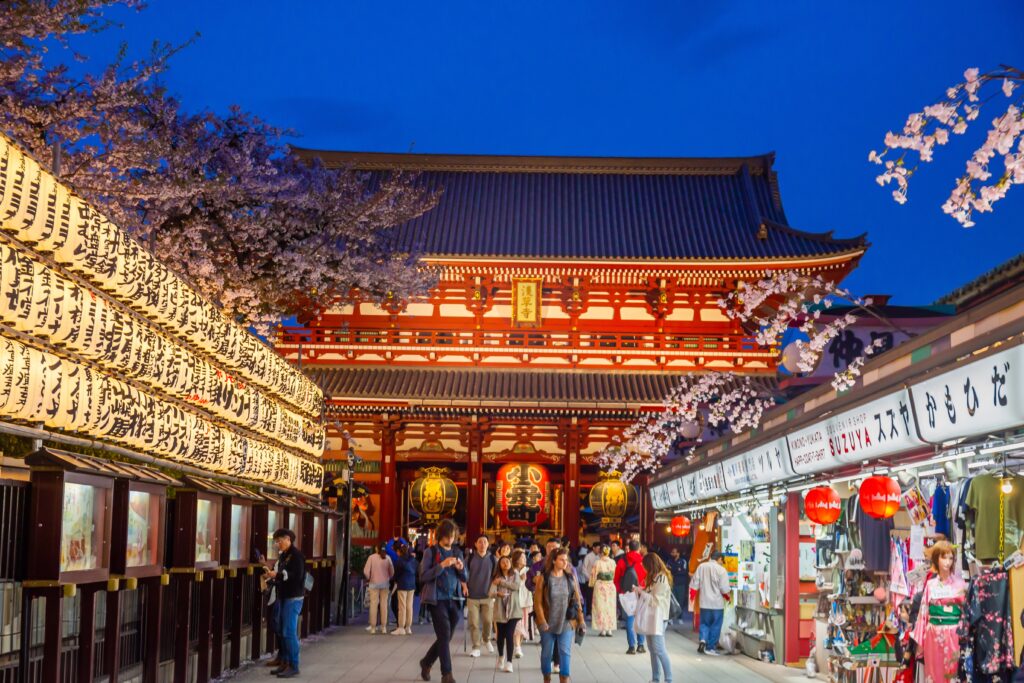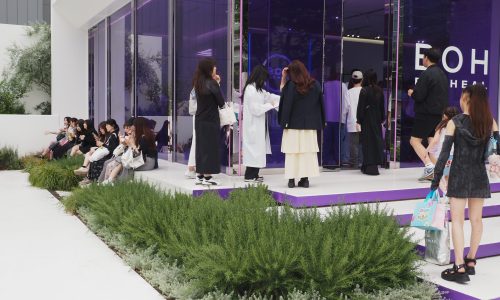
Why Many Foreign Companies Fail in Japan and How kizunaX Helps Them Succeed Have you ever wondered why world-class brands...

Japanese consumer behavior is shaped by cultural values that emphasize simplicity, quality, and emotional resonance. For foreign brands, understanding these psychological drivers is key to market success.
Minimalism is a core aesthetic in Japan, influenced by concepts like wabi-sabi (beauty in imperfection) and ma (space and balance). Products and packaging that reflect clean design, subtle colors, and thoughtful presentation appeal to Japanese consumers.
Table of Contents
Quality is non-negotiable. “Made in Japan” is synonymous with excellence, and foreign brands must meet or exceed these standards.
Durability
Craftsmanship
Attention to detail
Even low-cost items are expected to perform reliably.
Seasonal relevance is another important factor. Japan celebrates seasons through festivals, foods, and product releases.
Brands that offer limited-edition items tied to cherry blossom season, New Year, or autumn foliage resonate deeply. This creates urgency and emotional connection.
Omotenashi, the spirit of hospitality, influences service expectations. Consumers expect:
Respectful interactions
Attentive service
Personalized experiences
Brands that deliver exceptional customer service build loyalty and trust.
Social proof is critical. Japanese consumers rely on:
Reviews
Influencer endorsements
Word-of-mouth
Building credibility through testimonials and user-generated content enhances brand perception.
In conclusion, Japanese consumer psychology is rooted in cultural values that prioritize aesthetics, quality, and emotional engagement. Foreign brands must align with these expectations to build lasting relationships and drive success in Japan.

Why Many Foreign Companies Fail in Japan and How kizunaX Helps Them Succeed Have you ever wondered why world-class brands...

Is Japan the Right Market for Your Business? Japan is the world’s third-largest economy. Customers here are loyal, pay on...

How U.S. Companies Can Succeed in Japan: A Complete Market Entry Guide Powered by KizunaX Japan isn’t just another international...

How To Build a Market Entry Plan That Wins Executive Approval in Japan Expanding into Japan can be a game-changer...

Japan Office Setup, Virtual Presence, and Local Representation: What’s Best for You? Japan rewards precision and patience. If you’re entering...

Starting a Business in Japan: Your Definitive Guide If you’re considering starting a business in Japan, you’re making a wise...

From Pop-Up to Permanent: How Foreign Brands Use Temporary Retail to Test Japan’s Market Pop-up retail has become a strategic...

Japan’s Regulatory Landscape for Foreign SMEs: A Step-by-Step Compliance Guide Entering the Japanese market requires navigating a complex regulatory environment....

Understanding Japan’s Consumer Psychology: Why Minimalism, Quality, and Seasonal Relevance Matter Introduction Japanese consumer behavior is shaped by cultural values...